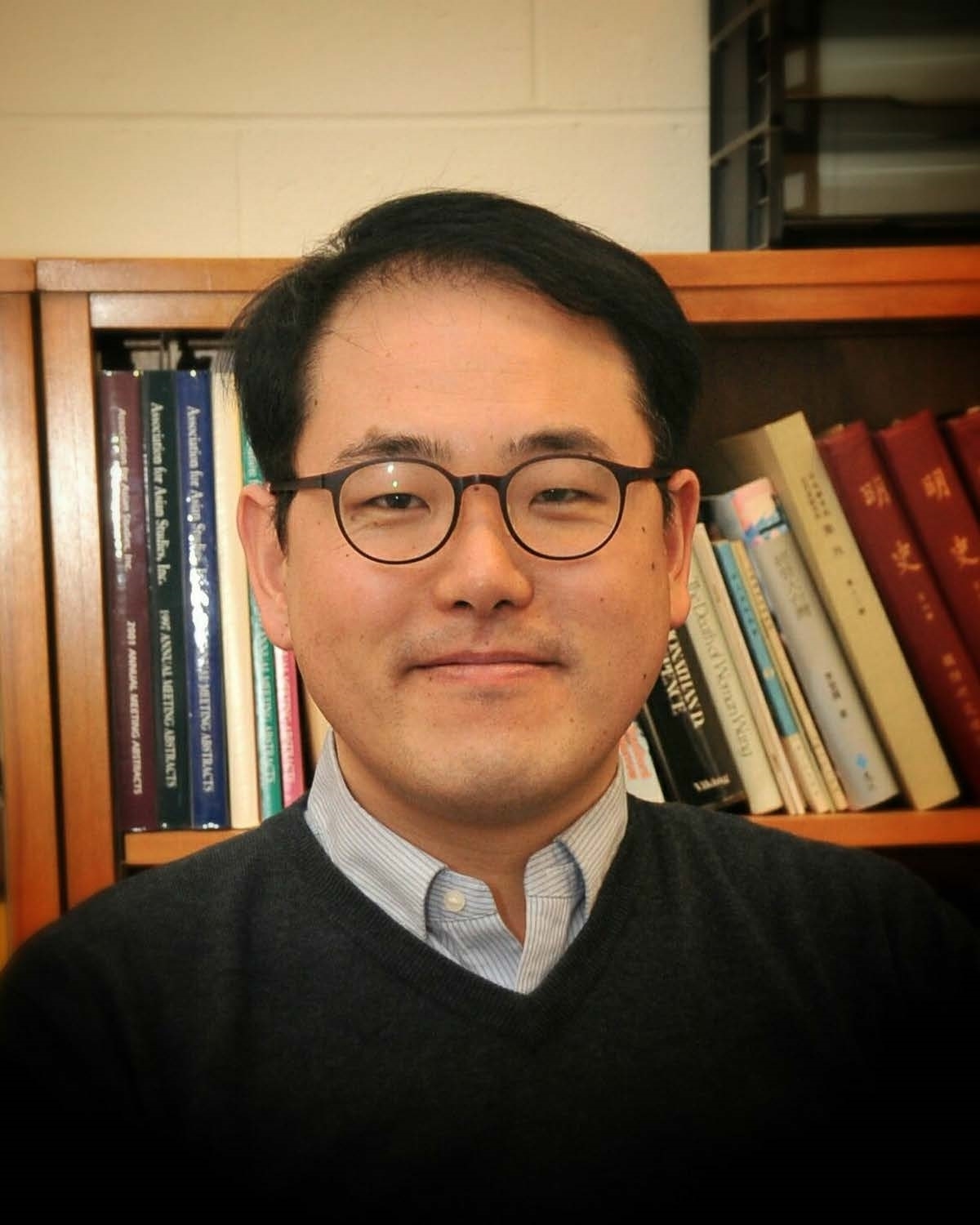Fresh Faculty: Jun Hee Cho

Jun Hee Cho is an assistant professor of history. He completed his undergraduate study in Western history and Asian history at Seoul National University in South Korea, and he holds a Master of Philosophy and a Ph.D. from Columbia University.
Q: How did you begin studying your subject?
A: I was always interested in history and as a double major I was drawn to the “great divergence debate,” which attempts to answer when the West began to surge ahead of the rest of the world — the debate hinges around the late medieval to early modern time period. Looking back on it now, I feel like I have always been drawn to “lesser” countries overshadowed by larger ones, and I feel like part of this comes from the fact that I am Korean and not Japanese or Chinese.
Q: What were you doing before you started at Amherst?
A: I was completing my dissertation at Columbia University. I also taught for a year at City University in New York where I taught classes on medieval civilizations.
Q: What made you decide to come to Amherst?
A: When I visited Amherst, I was struck by how close the faculty were with each other. I was also drawn to how many possibilities are available for faculty and students to continue to converse and continue their learning outside the classroom. This brought me back to my undergraduate experience, because although Seoul National University is huge, my department was very small and we were a tight-knit community. I missed this sense of community while I was at Columbia, and I found it again at Amherst.
Q: Can you tell me about the classes you teach at Amherst?
A: This semester I am teaching one class called Europe in the Middle Ages and another called the Age of Chivalry. In my classes, I try and offer a window into medieval culture, and I hope this offers insight for students going through their own lives and gives them the chance to reimagine how they think about themselves. I also … offer [a class] called “A Price for Everything: The Making of Market Society,” where I teach ways to think about economies and economic relations before modern economics existed as a language and discipline.
Q: Are you currently doing any research, and if so can you tell me about it?
A: Yes, I am currently working on finishing my manuscript. My research looks at the intersection of court and commerce in northwestern Europe during the late medieval to early modern period. I attempt to look at the cultural aspirations from this time period and how they contribute to the intersection of court and commerce. I also look at economic relationships and how those exist within the framework of court and commerce.
Q: How does Amherst as a community compare to other places at which you’ve previously worked?
A: The students here have a commitment not only to their studies, but to pushing themselves to grow outside the classroom through their various sports and extracurricular activities.
Q: How do you hope to contribute to the Amherst community?
A: I hope to expose my students to a variety of experiences and perspectives. In my classes I try to bring together multiple perspectives so that I can show students there are many ways to understand something.
Q: What do you like to do in your spare time?
A: I am a casual biker, and I like to take in the townscape while I’m riding my bike.